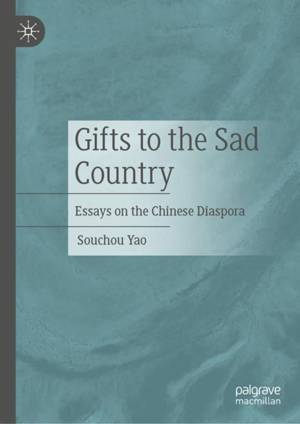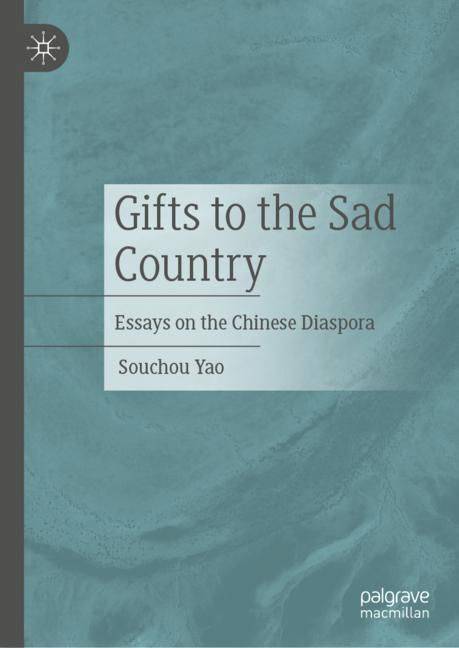
- Afhalen na 1 uur in een winkel met voorraad
- Gratis thuislevering in België vanaf € 30
- Ruim aanbod met 7 miljoen producten
- Afhalen na 1 uur in een winkel met voorraad
- Gratis thuislevering in België vanaf € 30
- Ruim aanbod met 7 miljoen producten
Omschrijving
This book is a study of an ethnic-Chinese family in Malaysia as it struggled with the upheavals in China during the Land Reform (1945-1953) and the Great Leap Forward (1958-1962). Based on fieldwork in Malaysia and in a village in Dabu County, Southern China, it tells a story of a family whose existence straddled two nations, two political systems. Emigration is shown to be both a positive experience and a source of despair. The study redefines the conventional narrative about the Chinese diaspora as economically driven and politically expedient; mobility, personal freedom and transnational journeying were a part of their cultural history. The book highlights the fact that Chinese homeland, even under communist rule, offered the people a means of identification under difficult circumstances. During the time of radical reform, the diaspora adapted themselves to the conditions in the homeland, and for some China remained a place of longing and emotional attachment.
Specificaties
Betrokkenen
- Auteur(s):
- Uitgeverij:
Inhoud
- Aantal bladzijden:
- 161
- Taal:
- Engels
Eigenschappen
- Productcode (EAN):
- 9789819715978
- Verschijningsdatum:
- 24/03/2024
- Uitvoering:
- Hardcover
- Formaat:
- Genaaid
- Afmetingen:
- 138 mm x 206 mm
- Gewicht:
- 317 g

Alleen bij Standaard Boekhandel
Beoordelingen
We publiceren alleen reviews die voldoen aan de voorwaarden voor reviews. Bekijk onze voorwaarden voor reviews.











